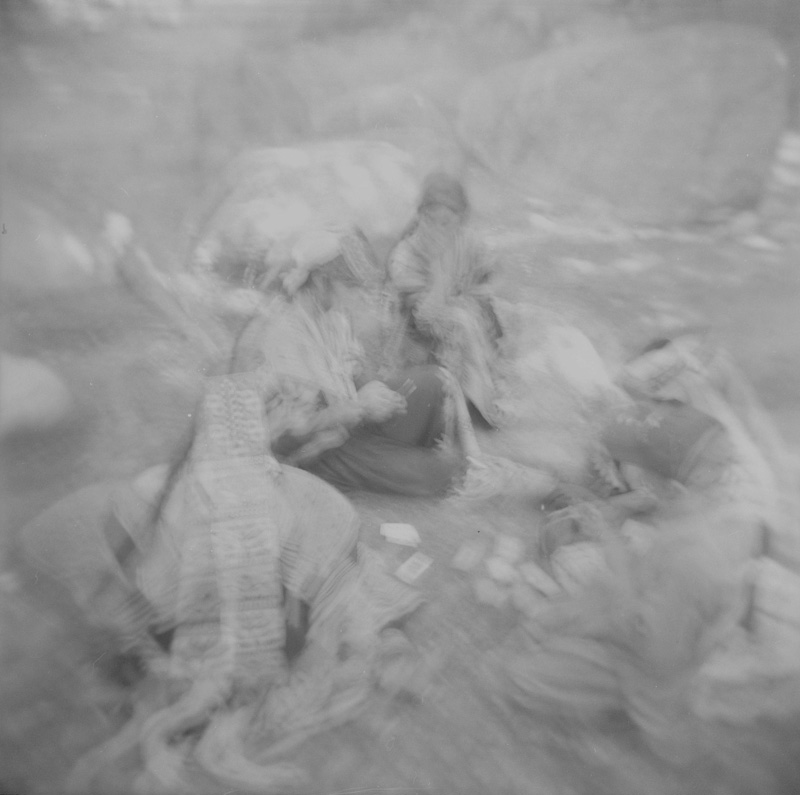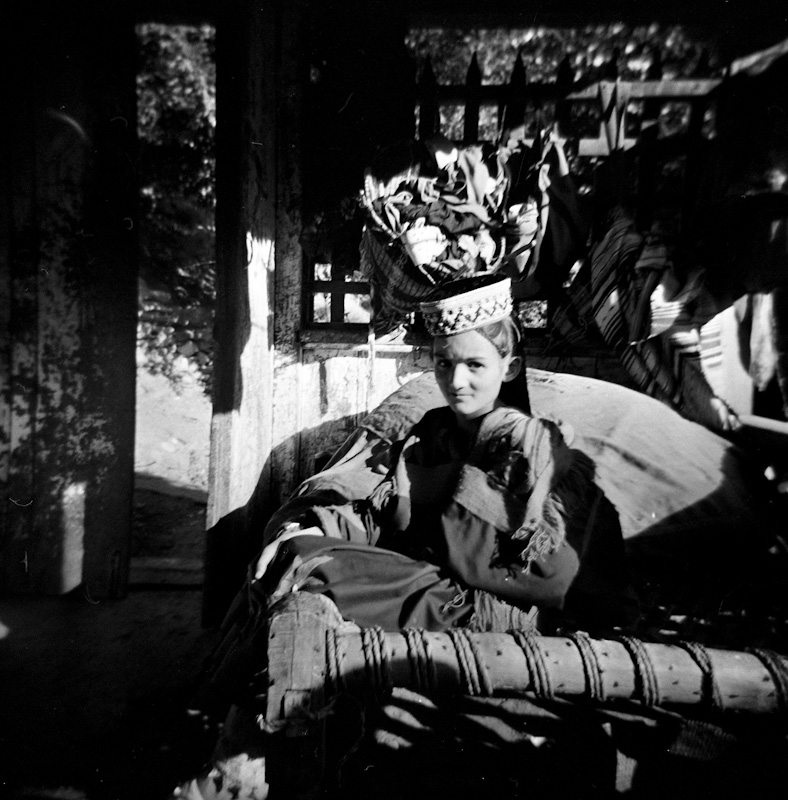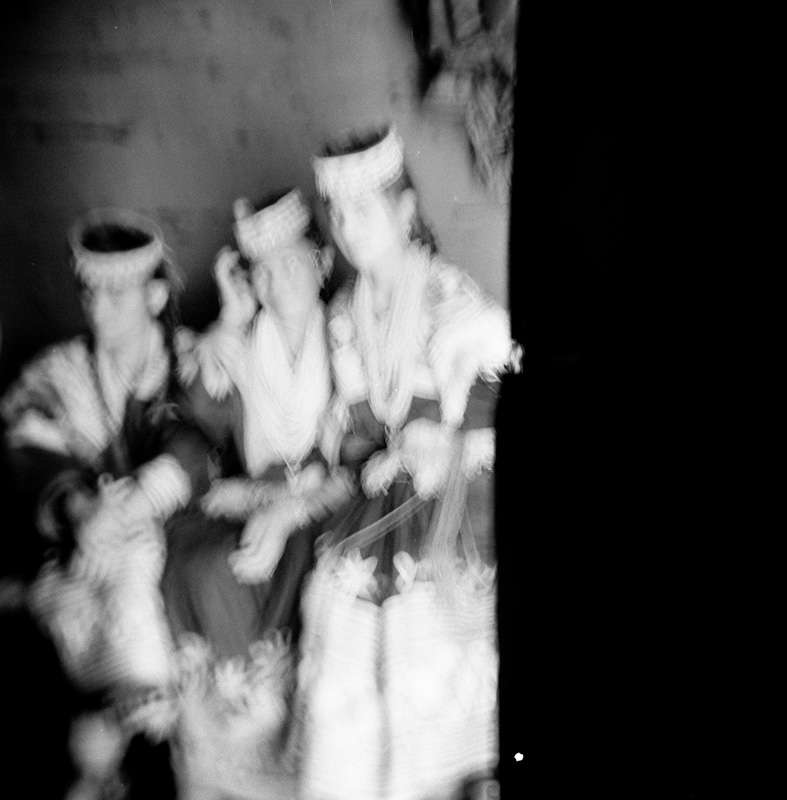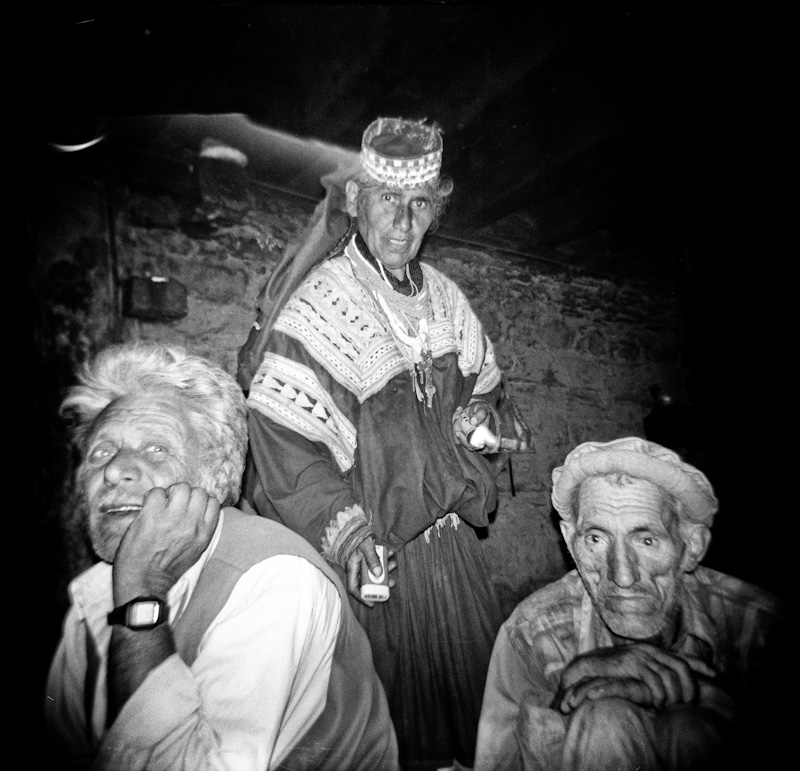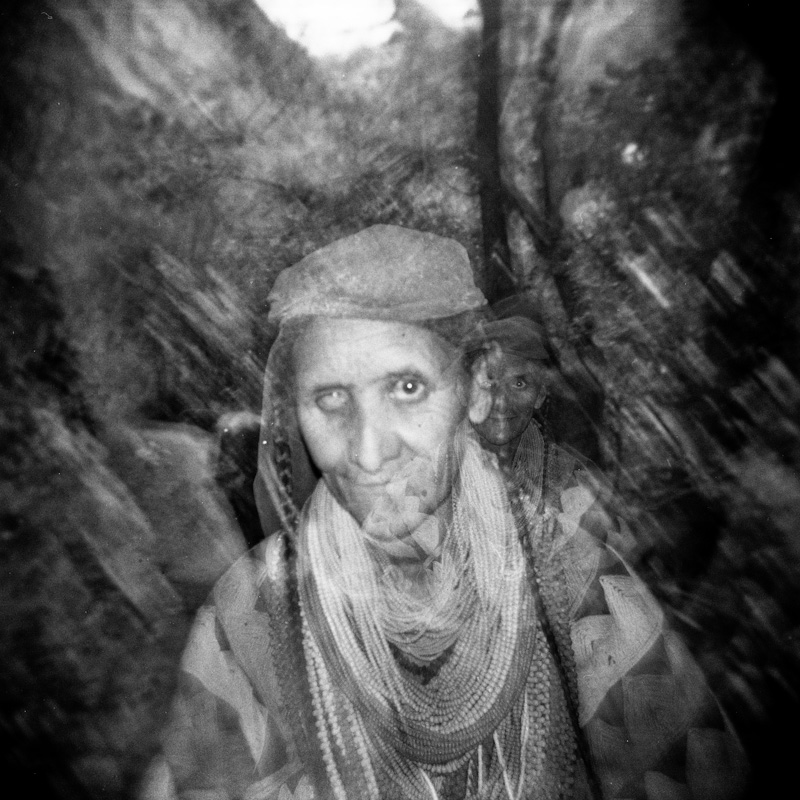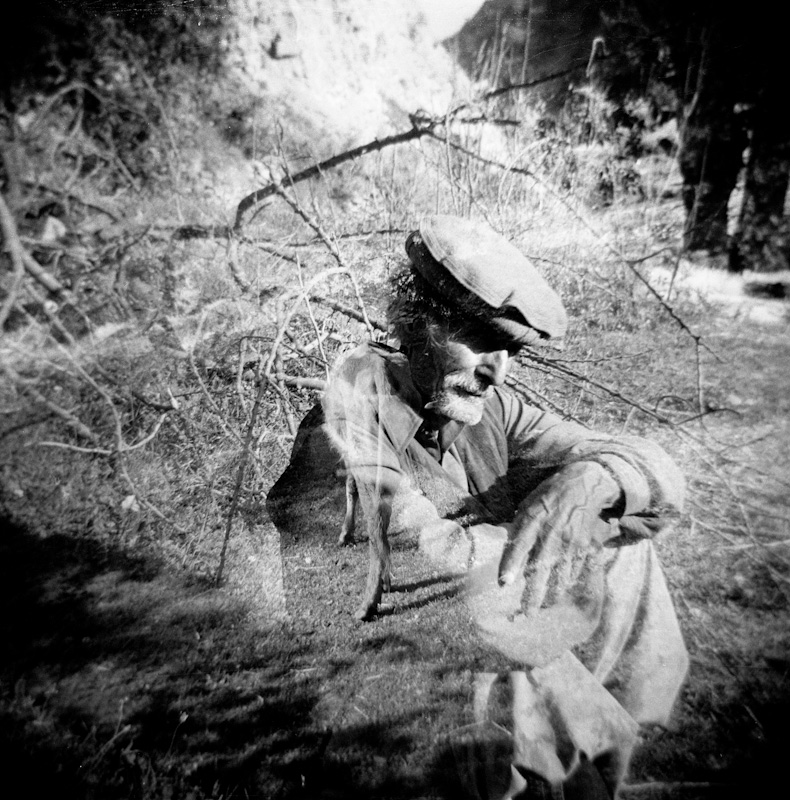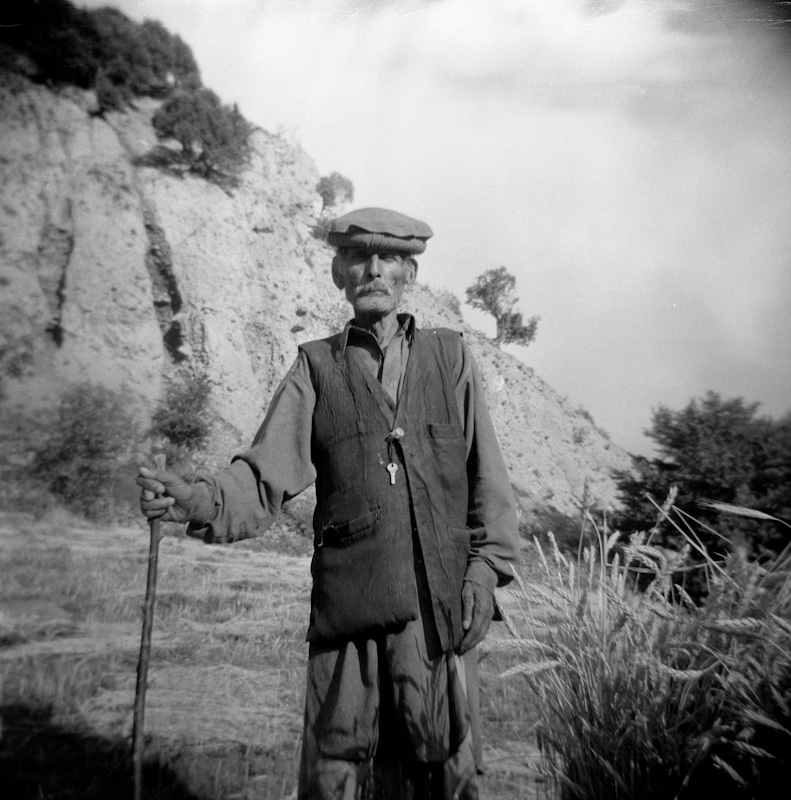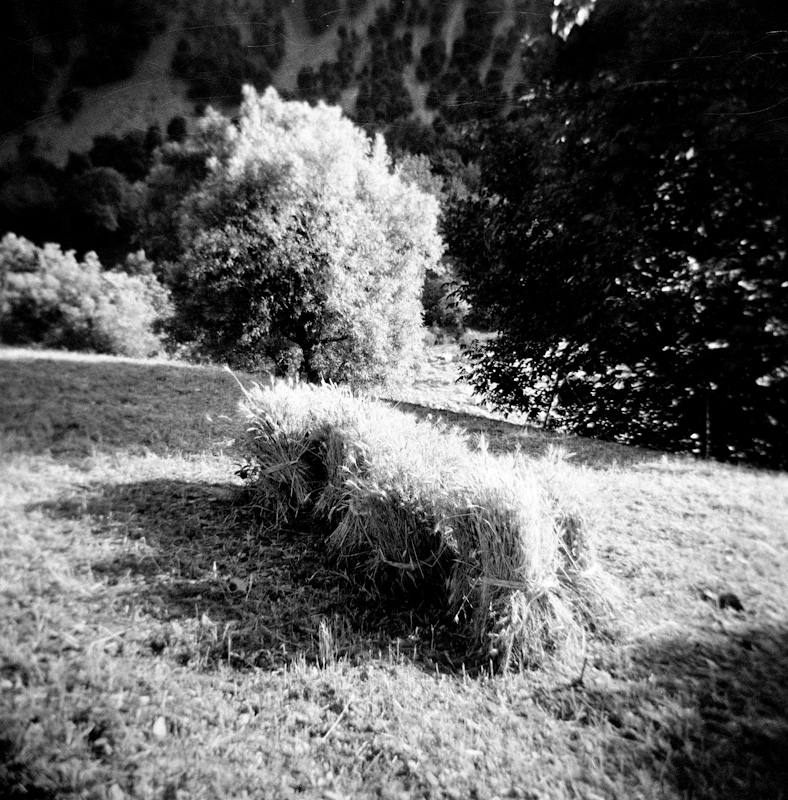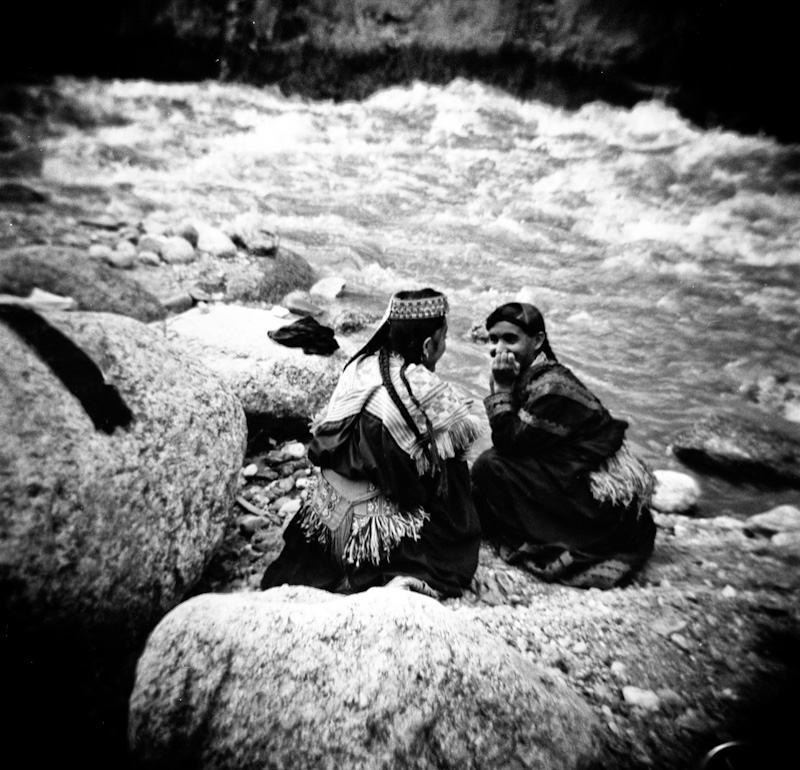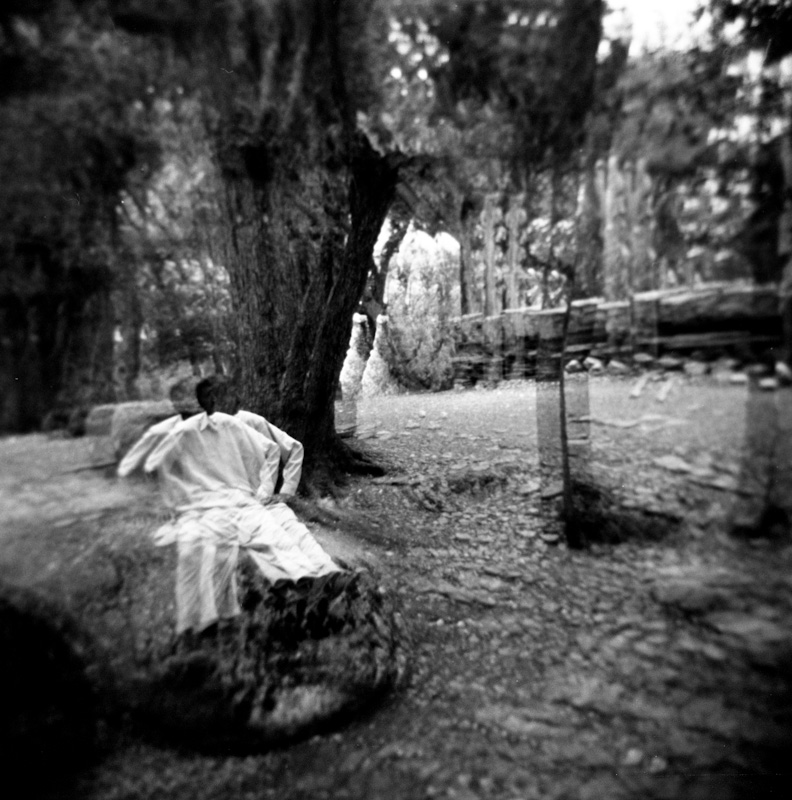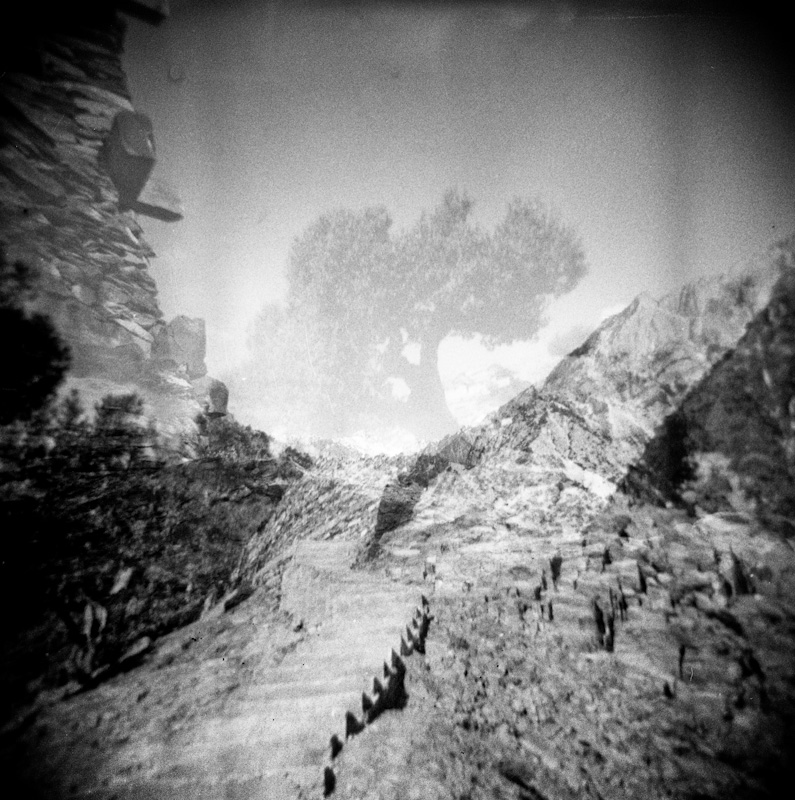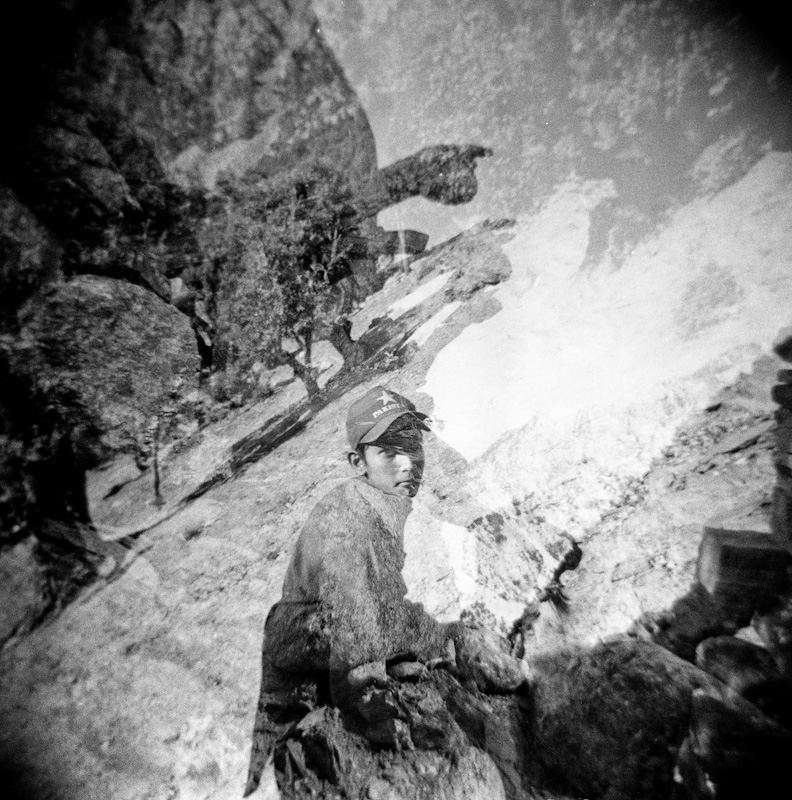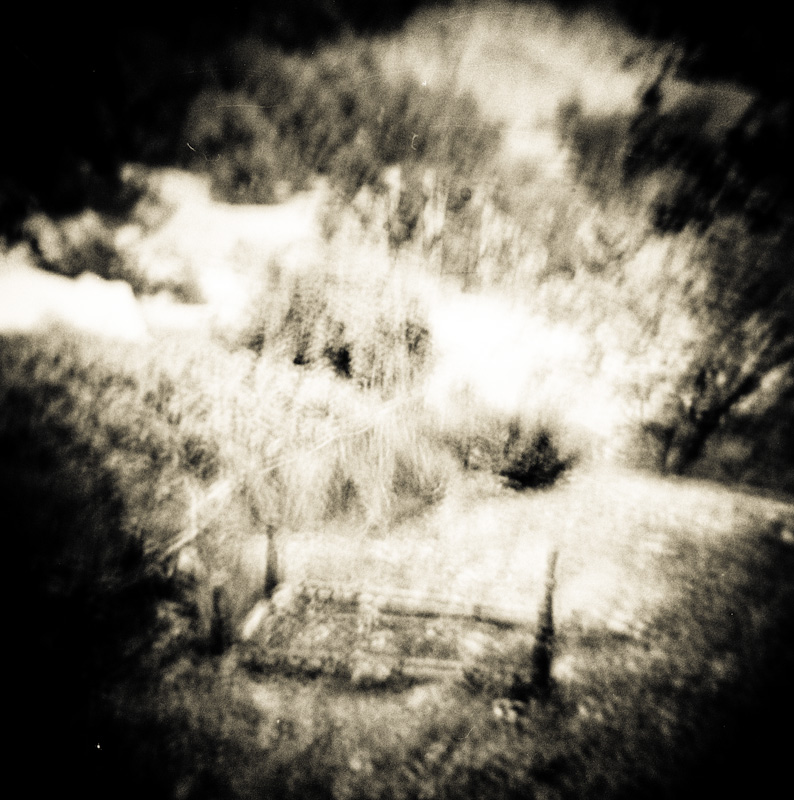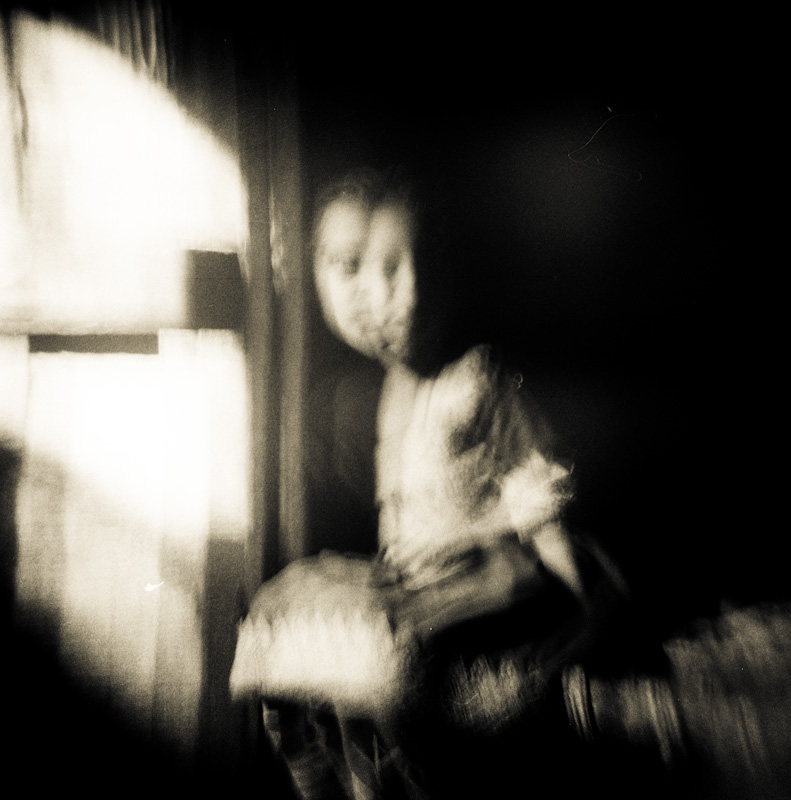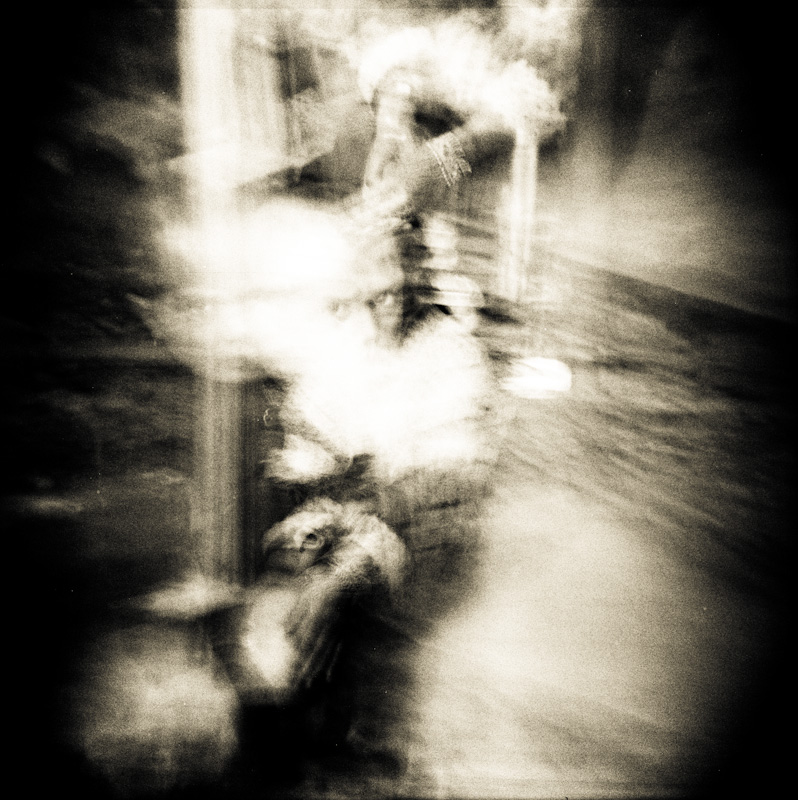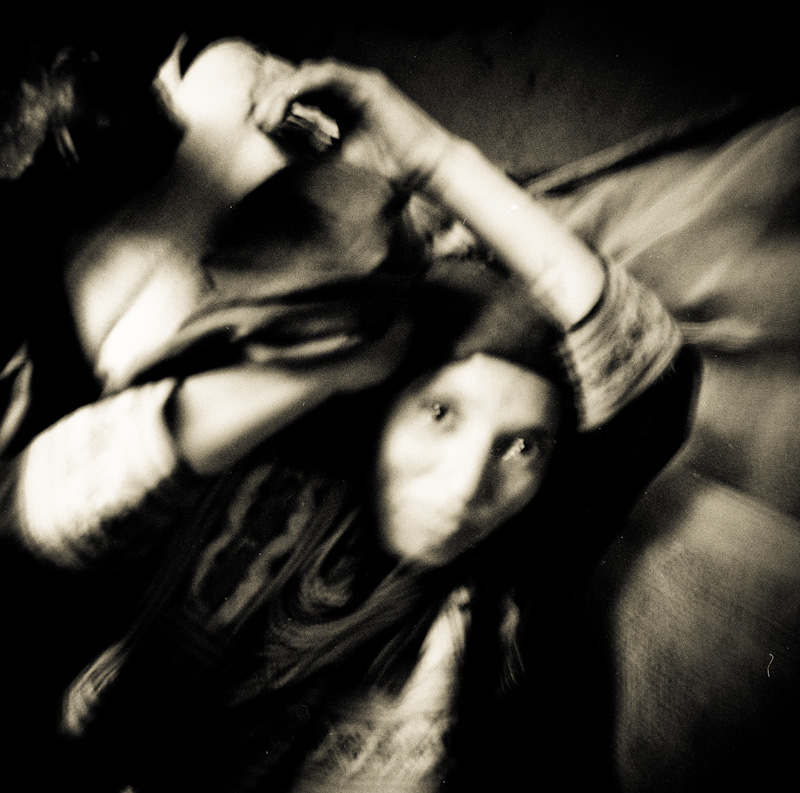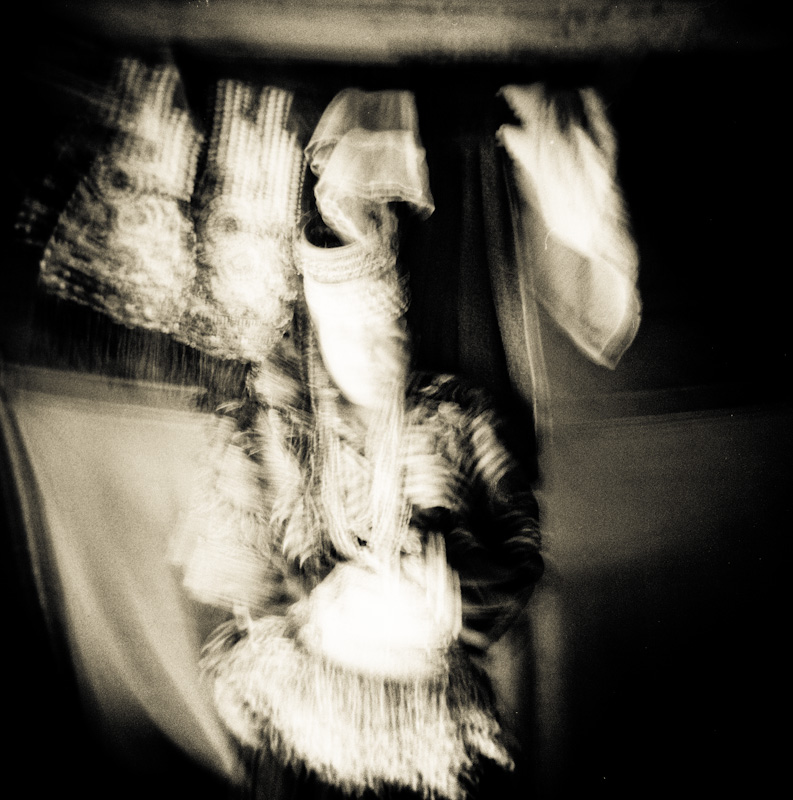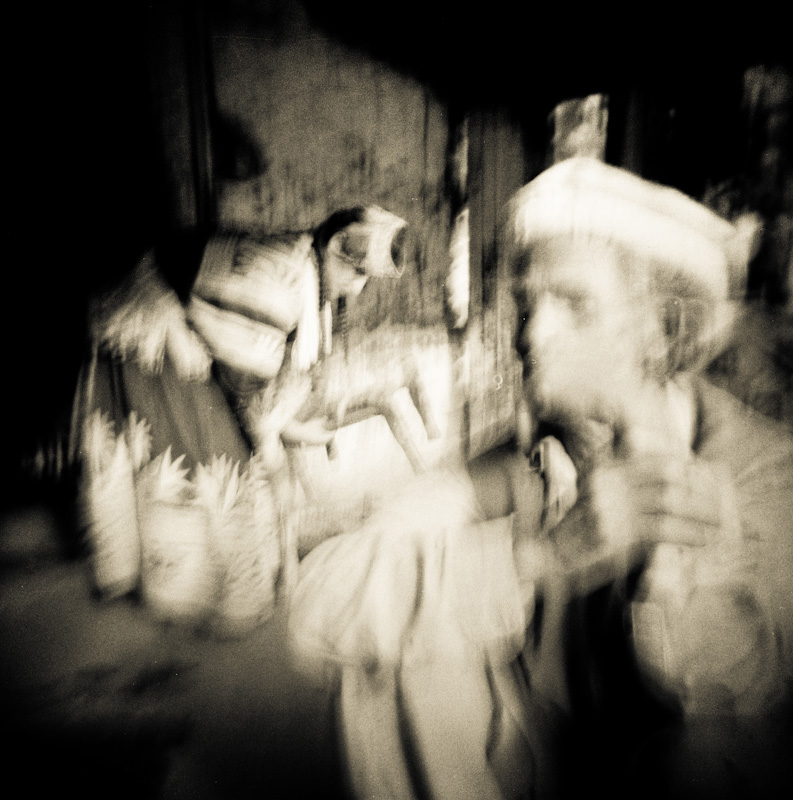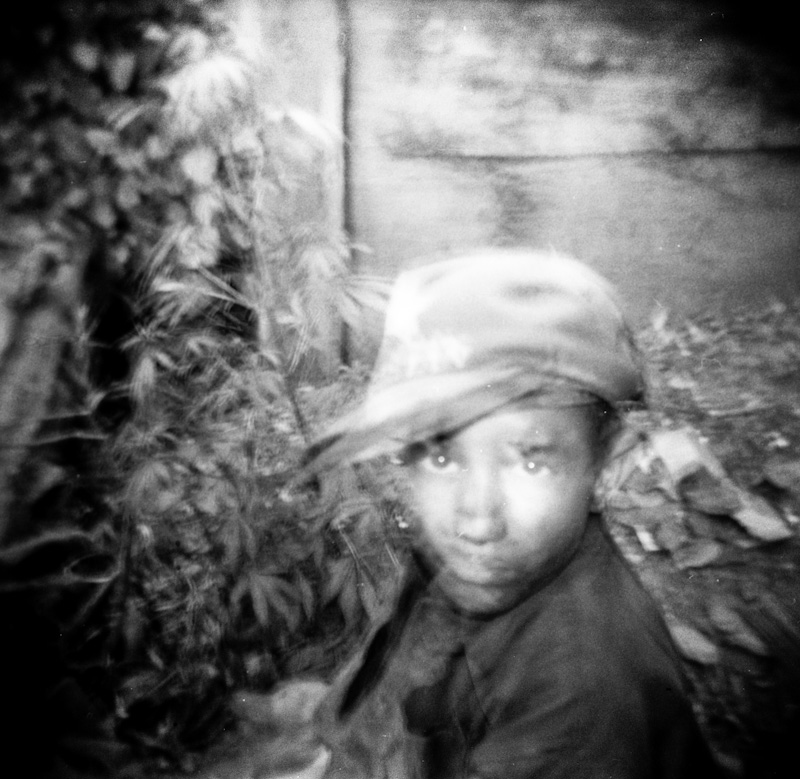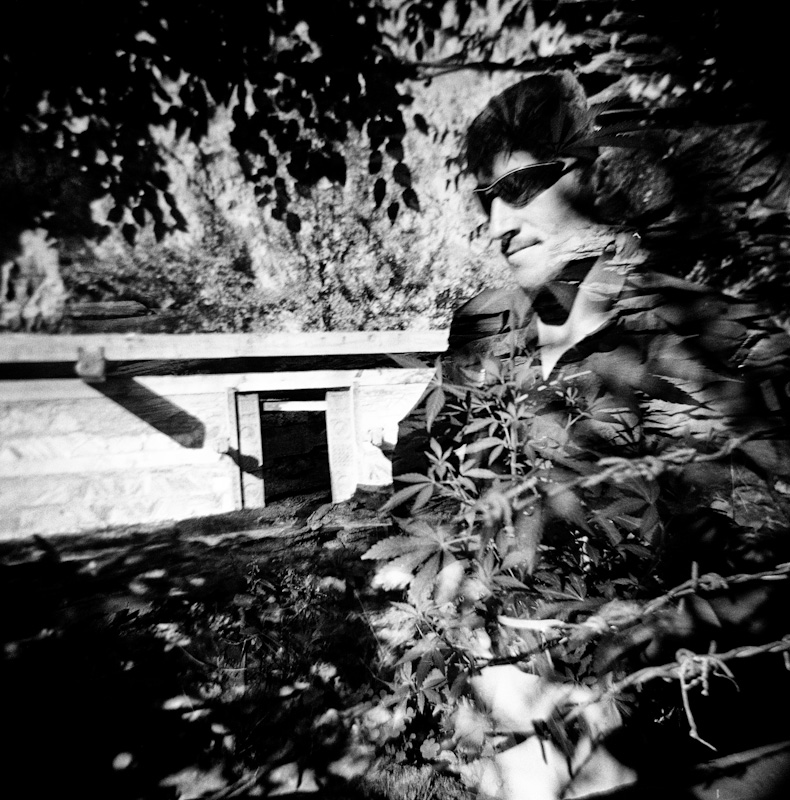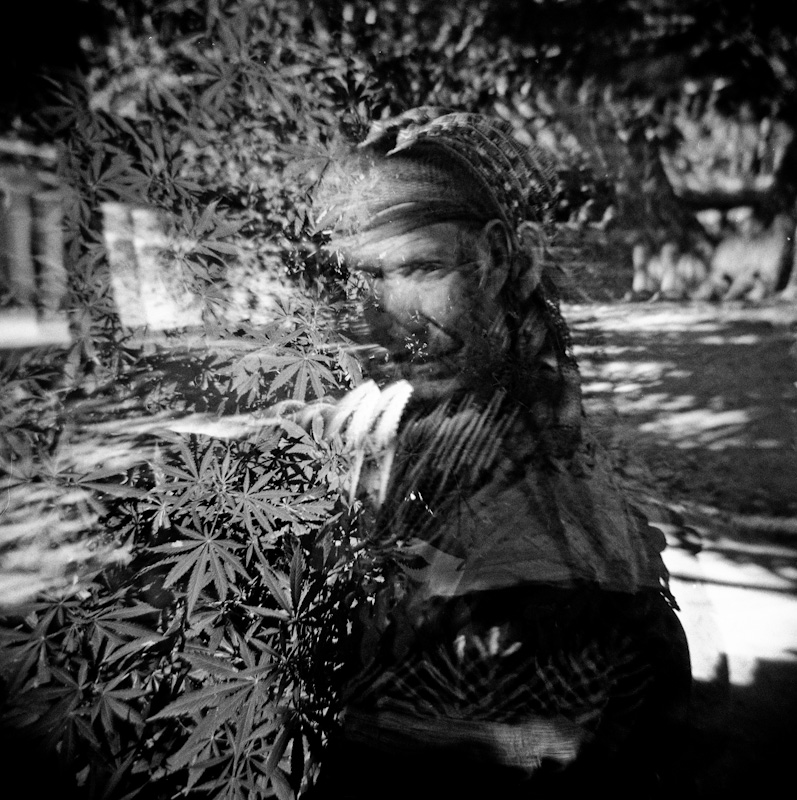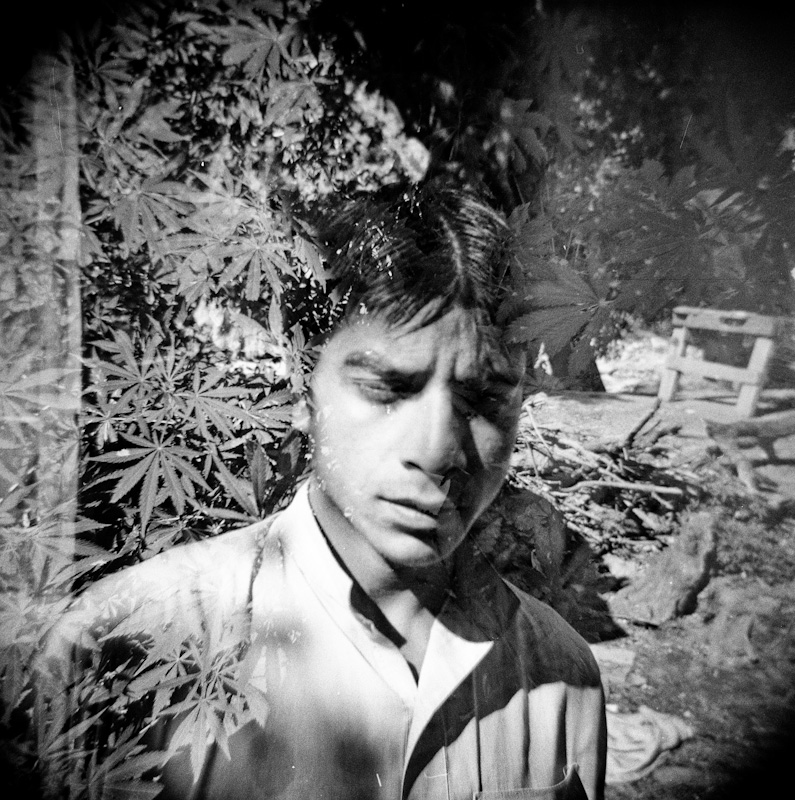I was on my way back to Paharganj after first day of festival in honour of Qutbuddin Bakhtiar Kaki in Mehrauli dargah. I went there to look for companions leaving to Ajmer, on a pilgrimage that was going to take us nearly 500 km across northern India, walking from grave of one Sufi saint to the other, Gharīb Nawāz , his master, following the footsteps of man who did this journey 800 years ago. I was to walk with fakirs and qalandars, radical mystic group, outcasts, beggars and vagabonds, through in-your-face materialism spreading miles and miles out of Delhi, hectares of shopping malls, tarmac, high rise closed residential settlements for new middle class, towards the desert city in the heart of Rajasthan. I was coming back to Paharganj after the first evening of qawwali music and mountain charas. I boarded public bus from Mehrauli to nearest Metro station. It was late in the evening, bus was almost empty. On the back of driver’s cabin a sign of modernity, electronic display was showing a message that moved too fast, it took a while before it was registered in my consciousness. When it did, I knew it is a message for me , a message I must record. I had no pen, but three soldiers sitting behind me did. On backside of visiting card, in rush, because the soldiers were about to leave the bus, I recorded something that is a message of the modern world I am constantly trying to ignore. To Irish tinkers, nomads of Sahara, fakirs of Pakistan, to gypsies and hippies of Eastern Europe, those in between, those escaping from meaning and definition, those who do not build and develop, those on the move, those on the edge, it says the same, submit, choose sides, settle down. Well, póg mo thóin !
***
Wracałem wlaśnie do getta turystów na Paharganj po pierwszym dniu festiwalu w grobowcu w Mehrauli. Pojechałem na imprezę upamiętniającą śmierć świętego zwanego Qutbuddin Bakhtiar Kaki, aby znaleźć towarszyszy pielgrzymki do Ajmer, która zabrać miała nas prawie 500 kilometrów przez północne Indie, od grobu jednego sufickiego świętego, do grobu innego, jego mistrza, Opiekuna Biedaków, podążąjąc śladem innej podróży ktora odbyła się potem 800 lat temu. Miałem wyruszyć w podróż z grupą kilkuset fakirów i kalandarów, radykalnych mistyków, wyrzutków, żebraków i zawodowych włóczęgów, przez obsceniczny materializm hektarów parkingów, asfaltu, centr handlowych i zamkniętych osiedli nowej klasy średniej oblepiających Delhi coraz szerszym pierścieniem. Podążać mieliśmy w stronę pustynnego Radżastanu, w stronę świętego miasta Ajmer. Teraz jednak wracałem na Paharganj, po pierwszym wieczorze z z muzyką qawwali i górskim czarasem. Wsiadłem do publicznego autobusu z Mehrauli do najbliższej stacji metra. Był późny wieczór, autobus prawie pusty. Na kabinie kierowcy zawieszony chiński elektroniczny wyświetlacz wypluwał szybko przesuwające się literki, potrwało chwilę zanim przekaz trafił do mojej świadomości. Kiedy to się stało, wiedziałem że to wiadomość dla mnie, wiadomość którą muszę zanotować, motto tej podróży. Nie miałem długopisu, ale siedzący za mną trzej żołnierze byli mili i pożyczyli. Z tyłu czyjejś wizytówki, w pospiechu, bo żołnierze właśnie wysiadali, zapisałem przekaz od współczesnego świata jaki stale próbuję ignorować. Wiadomość której adresatem są irlandzcy travellersi, nomadzi z Sahary, fakirzy Pakistanu, cyganie i hippisi wschodniej Europy, ci pomiędzy, ci uciekający od definicji, którzy nie budują i nie produkują, ci w ruchu i ci na krawędzi, wszystkim ten sam sygnał, podporządkujcie się, wybierzcie stronę, ustatkujcie. Póg mo thóin !
This is a teaser for new story from travels with the Sufis of India and Pakistan. Coming soon, after a small intermission as I am off into the mountains of Rif now. / To zajawka nowej serii z podróży z sufi Pakistanu i Indii. Już wkrótce, po małej przerwie na plantacjach w górach Rif.


